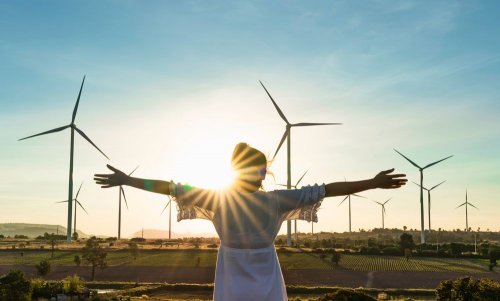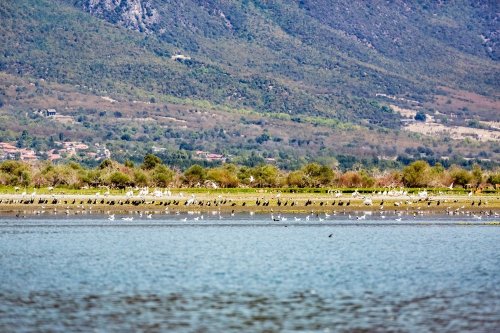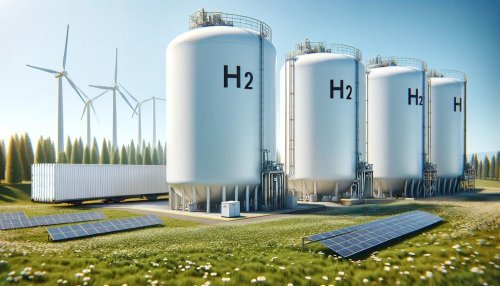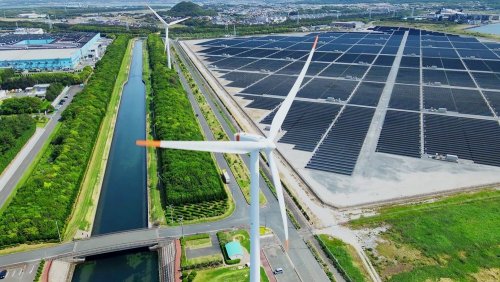Norway and the EU have agreed on cooperation in the fight against climate change, environmental protection, development of green energy and industrial transition.
For this purpose, they founded the Green Alliance, reports the European Commission.
It is noted that the relevant agreement was signed by the President of the European Commission, Ursula von der Leyen, and the Prime Minister of Norway, Jonas Har Støre.
The message emphasized that by creating the Alliance, the parties confirmed their commitment to climate goals by 2030. In particular, with regard to reducing greenhouse gas emissions by at least 55% compared to 1990 and achieving climate neutrality no later than 2050.
The press service said that the signatories aim to keep the global temperature rise within 1.5°C in accordance with the Paris Agreement and at the same time ensure energy security, protection of the environment and human rights.
"The EU and Norway will work closely together to ensure the successful implementation of the Paris Agreement and the historic agreement on biodiversity reached at the UN Conference on Biodiversity COP15," the statement said.
It is noted that cooperation between the EU and Norway will cover the following areas:
- strengthening efforts to combat climate change, including cooperation on climate adaptation, carbon pricing, carbon sequestration, and carbon capture, transport, use and storage;
- halting and restoring biodiversity, combating degradation and deforestation, promoting a circular economy and addressing the full life cycle of plastics, developing global standards for chemicals and waste management, and sustainable ocean management;
- supporting the transition to green industry and further strengthening political and industrial cooperation through strategic partnerships, such as the future strategic partnership on the sustainable development of the value chains of raw materials and batteries;
- acceleration of the transition to green energy with an emphasis on water and marine renewable energy sources;
- decarbonization of the transport sector for all modes of transport, with special attention to zero emissions and zero pollution from shipping;
- expanding regulatory and business cooperation to set global standards for innovative environmental solutions needed to accelerate the transition to a circular and zero-emissions economy;
- consolidation of existing cooperation in the field of research, education and innovation in the areas of decarbonization, renewable energy sources and bioeconomy;
- working together to promote sustainable finance and investment to put Europe on the path to an environmentally sustainable, climate-neutral and climate-resilient economy.
The Alliance is said to be the most comprehensive form of bilateral cooperation established under the European Green Deal, with both parties committing to climate neutrality and aligning their domestic and international climate policies to achieve this goal. This is the second agreement after the Green Alliance of the EU and Japan in 2021.
The message emphasized that the EU and Norway will jointly support developing countries in the implementation of climate and environmental policies. The agreement will be of primary importance in the Arctic region.
Earlier, EcoPolitic wrote, that the European Parliament passed a law obliging companies to ensure that their products did not lead to deforestation and forest degradation after December 31, 2020.
As EcoPolitic previously reported, the EU plans to increase the share of renewable energy in the bloc's total energy consumption to 42.5% by 2030.





